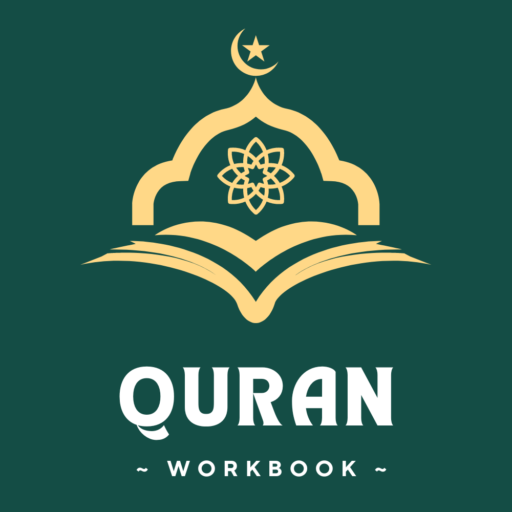Fostering a Reflective Study of the Quran
Studying the Quran should be a transformative experience that goes beyond mere reading. A reflective approach to studying this holy text can lead to profound personal insights and a deeper spiritual connection. Start with a clear mind. Before reading, take a moment to clear your thoughts and focus on the significance of the text. This prepares your heart and mind to receive wisdom and discourages passive reading. Use tools like journals to record insights and questions that arise during your study. This not only helps retain information but also encourages exploring these questions further, either through personal study or with the help of a knowledgeable community. Engage with others. Discussing your reflections with others can provide new perspectives and deepen understanding. Whether it’s through formal study circles or casual conversations with friends, shared learning can be incredibly enriching. Lastly, apply what you learn. Reflective study is not complete until you bring the teachings into your life. Set personal goals based on your study, such as improving patience, being more charitable, or better understanding other viewpoints. By adopting a reflective approach to studying the Quran, you turn each reading session into an opportunity for personal growth and spiritual enlightenment, making every verse count in your journey of faith.



